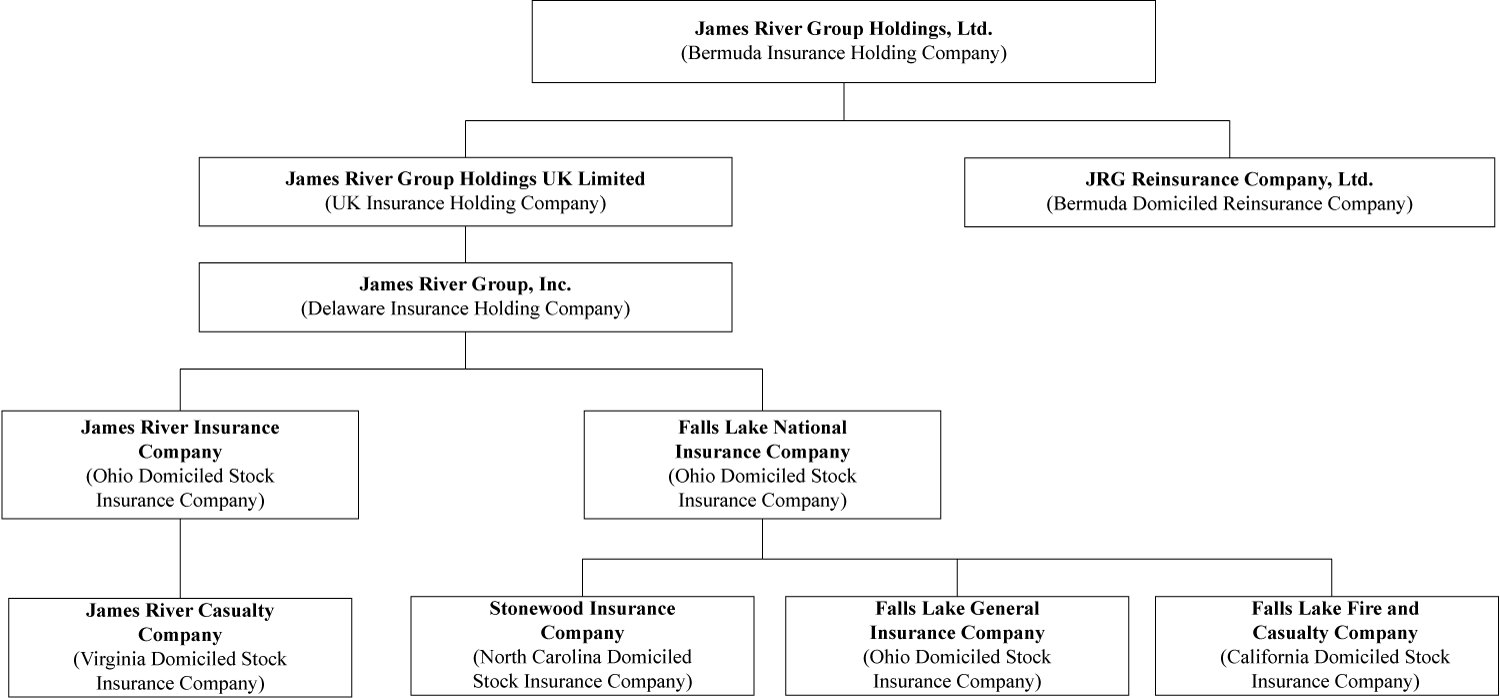•
speculation by the investment community regarding our business;
•
future announcements concerning our business or our competitors’ businesses;
•
the public’s reaction to our press releases, other public announcements and filings with the SEC;
•
changes in accounting standards, policies, guidance, interpretations or principles;
•
market and industry perception of our success, or lack thereof, in pursuing our strategy;
•
strategic actions by us or our competitors, such as acquisitions, restructurings, significant contracts or joint ventures;
•
catastrophes that are perceived by investors as affecting the insurance and reinsurance market in general;
•
changes in government regulation;
•
potential characterization of us as a PFIC;
•
general market, economic and political conditions;
•
changes in conditions or trends in our industry, geographies or customers;
•
arrival and departure of key personnel;
•
the number of common shares that are publicly traded;
•
sales of shares by us, our directors, executive officers or principal shareholders; and
•
adverse resolution of litigation against us.
In addition, stock markets, including the NASDAQ Stock Market, have experienced price and volume fluctuations that have affected and continue to affect the market prices of equity securities issued by many companies, including companies in our industry. In the past, some companies that have had volatile market prices for their securities have been subject to class action or derivative lawsuits. The filing of a lawsuit against us, regardless of the outcome, could have a negative effect on our business, as it could result in substantial legal costs and a diversion of management’s attention and resources.
As a result of the factors described above, shareholders may not be able to resell their shares at or above their purchase price or may not be able to resell them at all. These market and industry factors may materially reduce the market price of our common shares, regardless of our operating performance.
If securities or industry analysts downgrade our common shares or publish misleading or unfavorable research about our business, our share price and trading volume could decline.
The trading market for our common shares is influenced in part on the research and reports that securities or industry analysts publish about us or our business. If one or more of these analysts downgrades our shares or publishes misleading or unfavorable research about our business, our share price would likely decline. If one or more of these analysts ceases coverage of our Company or fails to publish reports on us regularly, demand for our shares could decrease, which could cause our share price or trading volume to decline.
For as long as we are an emerging growth company, we will not be required to comply with certain reporting requirements, including those relating to accounting standards and disclosure about our executive compensation, that apply to other public companies.
We are an “emerging growth company” as that term is defined in the Jumpstart Our Business Startups Act or Jobs Act. In this Annual Report, we have taken advantage of, and we plan in future filings with the SEC to continue to take advantage of, certain exemptions from various reporting requirements that are applicable to public companies that are emerging growth companies, including (i) not being required to comply with the auditor attestation requirements of Section 404(b) of Sarbanes-Oxley Act of 2002, as amended (“Sarbanes-Oxley”), (ii) reduced disclosure obligations regarding executive compensation in our periodic reports and proxy statements and (iii) exemptions from the requirements of (a) holding a

